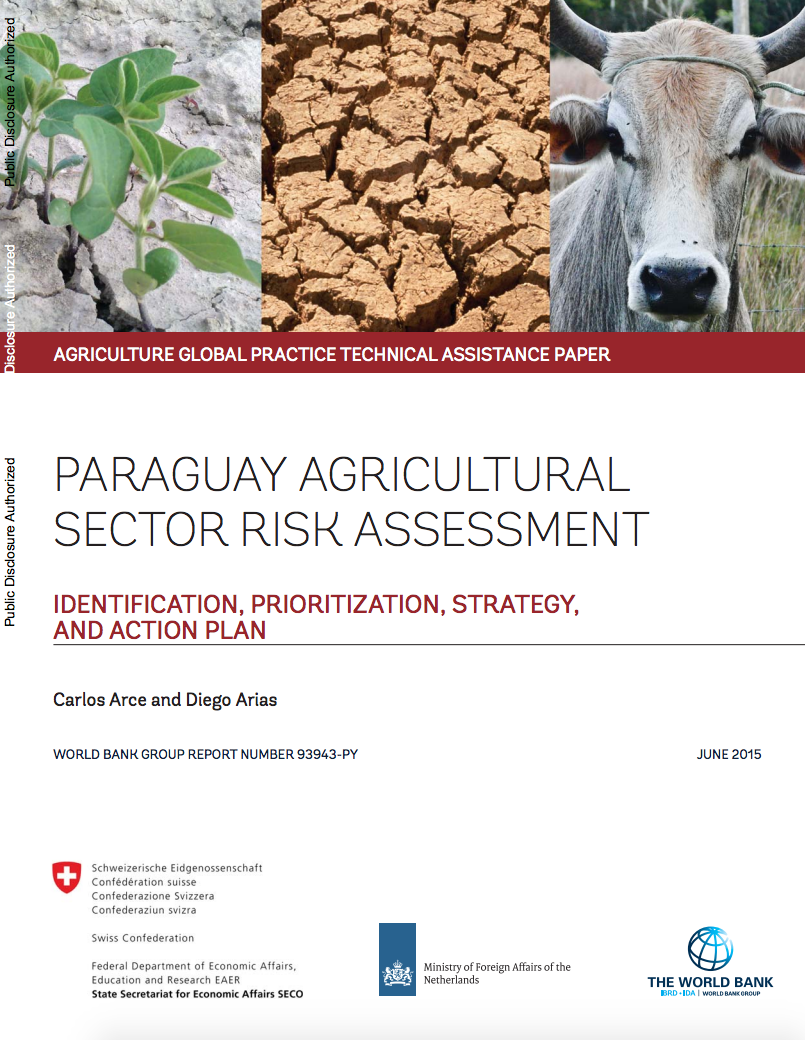Alternative Social Safety Nets in South Sudan
The purpose of this note is to provide the monetary cost of various social safety net
targeting schemes that can be deployed to reduce vulnerability and increase resilience. It is
believed that gradually switching to the provision of social safety nets can reduce the chronic
dependency on humanitarian (mainly food) aid. At the same time, it could help to alleviate reliance
on patronage networks and switch a portion of the public spending from unproductive uses (e.g.,


